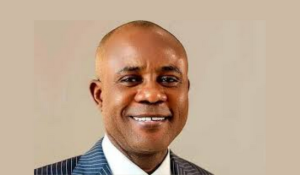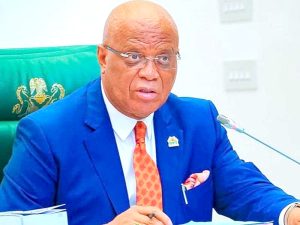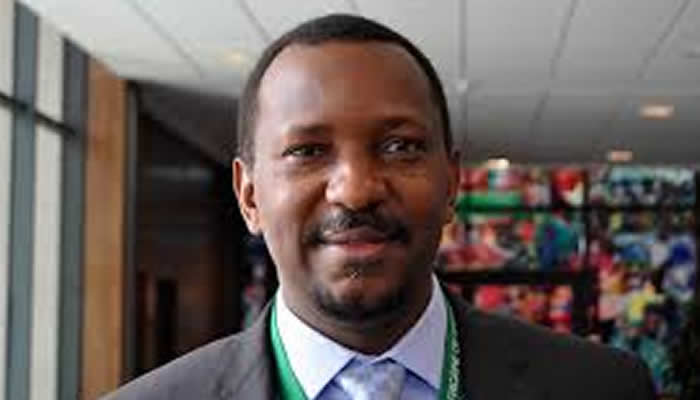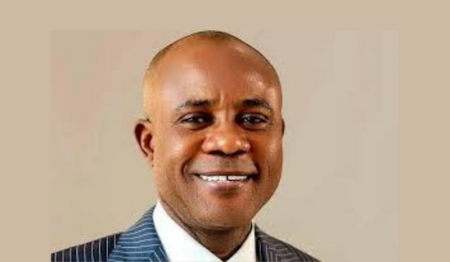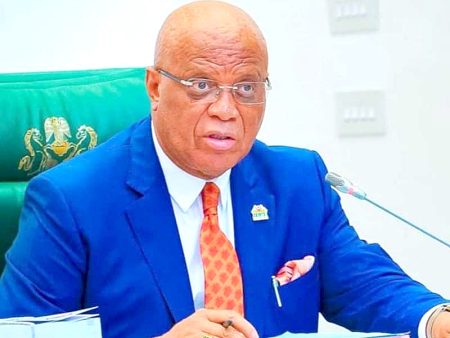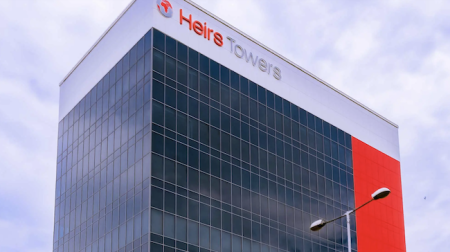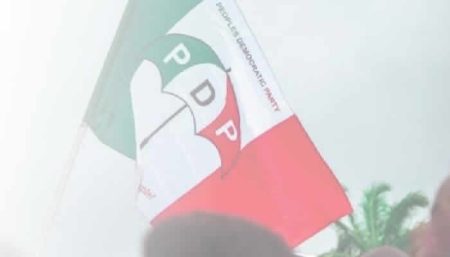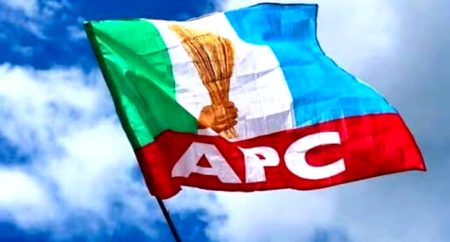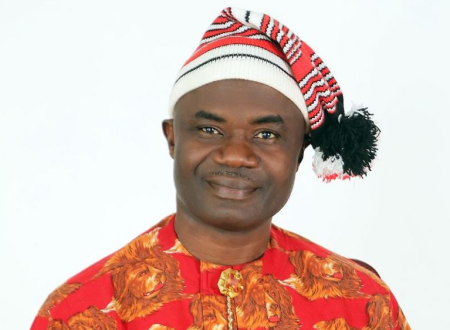Nigeria’s audacious bid to host a Formula 1 Grand Prix in its capital city, Abuja, signifies a momentous stride towards establishing the nation as a prominent player on the global sporting stage. This ambitious endeavor, spearheaded by the National Sports Commission (NSC), aims to bring the pinnacle of motorsport to African soil for the first time in over three decades, following South Africa’s hosting of the event in 1993. More than just a sporting spectacle, the Nigerian government envisions the F1 race as a catalyst for economic growth, infrastructure development, youth engagement, and a boost to the nation’s tourism sector. The bid aligns seamlessly with President Bola Ahmed Tinubu’s Renewed Hope Initiative for Nigeria’s Sports Economy (RHINSE), a comprehensive plan designed to revitalize the sports sector, attract foreign investment, and enhance Nigeria’s GDP.
The NSC, through its chairman Shehu Dikko, has emphasized the multifaceted benefits of hosting an F1 Grand Prix. Beyond the prestige and global attention that such a high-profile event would attract, the initiative is projected to create numerous employment opportunities and stimulate significant infrastructural improvements in Abuja. The Nigerian government views its robust economy, extensive infrastructure, international appeal, and vibrant private sector as key strengths that position the country as an ideal location for a world-class Grand Prix. The Abuja race is envisioned as a transformative event for motorsport in Africa, creating a synergy between sport, tourism, and economic progress. This ambitious undertaking has garnered substantial support from the federal government, key stakeholders in the sports sector, and influential private sector leaders.
To demonstrate Nigeria’s commitment and readiness to host the prestigious event, the NSC has extended invitations to Formula 1 CEO Stefano Domenicali, seven-time world champion Sir Lewis Hamilton, and Tilke Engineers & Architects, a world-renowned firm specializing in circuit design. These strategic invitations aim to provide these key figures with a firsthand assessment of Abuja’s potential and facilitate discussions with Nigerian stakeholders. The visits are crucial for Nigeria to effectively showcase its capabilities and solidify its bid to bring the Formula 1 spectacle to the African continent. The involvement of Tilke Engineers & Architects highlights the seriousness of the bid, given their extensive experience in designing and building Formula 1 circuits around the world.
Opus Racing Promotions has been appointed as the official representative for Nigeria’s F1 bid, underscoring the government’s proactive approach. In April 2025, the NSC chairman formally received Opus Racing officials in Abuja for in-depth discussions regarding the proposal. This meeting signifies the concrete steps being taken to translate the vision into a reality. The selection of Opus Racing Promotions demonstrates the Nigerian government’s commitment to partnering with experienced professionals to navigate the complexities of securing and managing a Formula 1 Grand Prix.
The Nigerian government’s rationale for pursuing the F1 race goes beyond the immediate economic benefits. Hosting the Grand Prix is seen as a powerful symbol of national pride and a platform to project a positive image of Nigeria on the global stage. It represents an opportunity to showcase the nation’s progress, dynamism, and potential to a vast international audience. Moreover, the event is expected to inspire and engage Nigerian youth, fostering a new generation of motorsport enthusiasts and professionals.
The potential impact of a Formula 1 Grand Prix in Abuja is substantial. It’s expected to generate significant revenue through tourism, hospitality, and related industries. The influx of visitors, media attention, and global exposure would provide a substantial boost to the local economy. The infrastructure development associated with the race, including the construction of a state-of-the-art racing circuit and related facilities, would leave a lasting legacy for the city and the nation. The project is envisioned as a long-term investment that will continue to yield benefits for years to come.
Furthermore, the F1 race could serve as a catalyst for broader development in Abuja and surrounding areas. The improved infrastructure, including transportation networks and accommodations, would not only serve the event but also benefit the local community and contribute to overall economic growth. The project’s success could inspire similar initiatives in other sectors, further accelerating Nigeria’s development trajectory. This holistic approach underscores the government’s commitment to leveraging the F1 bid as a platform for broader national progress.
Moreover, securing the F1 race would significantly enhance Nigeria’s international standing. It would send a strong signal to the world about the country’s stability, progress, and openness to global partnerships. This heightened visibility could attract foreign investment in various sectors, further boosting economic growth and creating job opportunities. The F1 Grand Prix could serve as a powerful symbol of Nigeria’s emergence as a major player on the global stage.
The Nigerian government’s vision for the Abuja Grand Prix extends beyond a single event. The ambition is to create a sustainable motorsport ecosystem within the country, fostering the development of local talent and promoting the sport at the grassroots level. The F1 race is seen as a springboard for the growth of motorsport in Nigeria, potentially inspiring future generations of drivers, engineers, and other professionals in the field. This long-term perspective underscores the transformative potential of the project.
In conclusion, Nigeria’s bid to host a Formula 1 Grand Prix represents a bold and ambitious undertaking with the potential to reshape the nation’s sporting landscape and contribute significantly to its economic development. Beyond the immediate benefits of hosting a world-class sporting event, the project is envisioned as a catalyst for tourism, infrastructure development, youth engagement, and national pride. The government’s proactive approach, strategic partnerships, and long-term vision suggest that Nigeria is well-positioned to achieve its goal of bringing Formula 1 to Africa and establishing Abuja as a premier destination on the global motorsport map.


